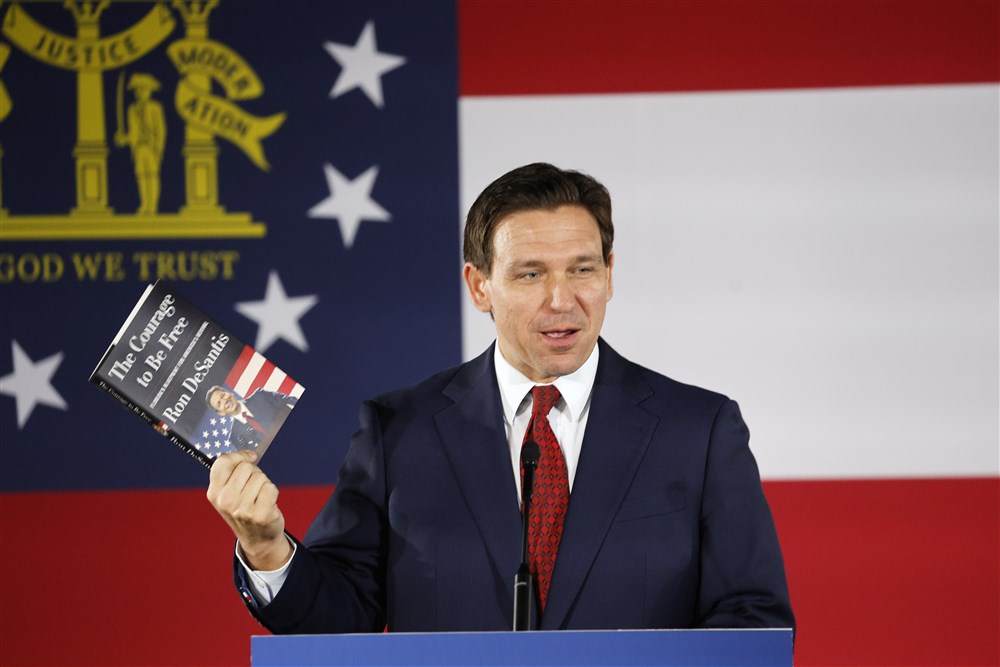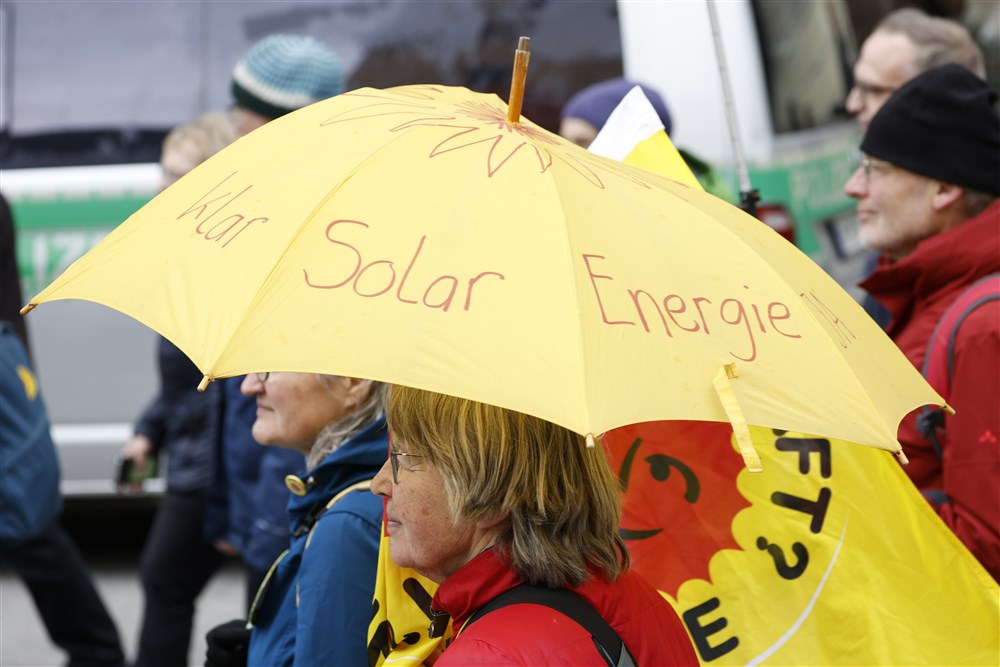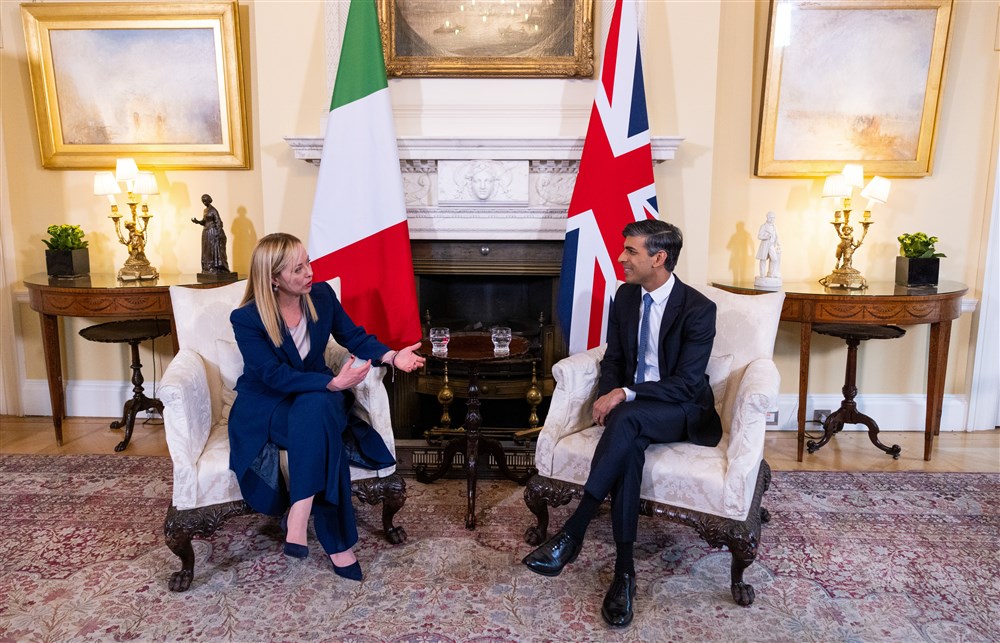Is ‘green’ legislation an excuse to put up trade barriers?
EU politicians have accused the US of secretly aiding domestic industry via huge subsidies for US-based low-carbon manufacturers, and the Brussels executive is now being accused of playing the same game.
Brussels is allegedly erecting trade barriers under the guise of climate neutrality and sustainable food production, Politico reports today.
EU trading partners including Indonesia have accused EU law-makers of “coercion”. Meanwhile Malaysia has hinted that it could halt palm oil exports to the bloc because of a dispute over new anti-deforestation rules.
With trade disputes multiplying and global trade volumes sliding, we could see a lot more of these tit-for-tat measures.
Subsidy wars are not only an issue for trade between blocs; it’s also a headache for trade between EU Member States.
The more cash-rich EU nations – including France and Germany – have already been rapped on the knuckles for plans to spray taxpayer money at their favourite industries. If the bloc’s less wealthy members cannot keep up, there are evident repercussions for the EU’s single market, which, in the words of EC President Ursula von der Leyen, could even splinter if subsidies get out of control.
Germany wants to relax the EU’s state aid rules that prevent excessive subsidies, Euractiv reports. The Germans are marketing their proposal as a response to the US Inflation Reduction Act. However, other European governments, including the Hague, object because it could distort competition or lead to a “harmful subsidy race that benefits few and hurts many”.
Subsidy distortions were already an issue during the Covid crisis, when some governments simply had more money to prop up the worst hit. On that occasion, the subsidies were almost all approved by the Commission on the grounds that they were “emergency measures”. Will the regulator get tough this time?
On the subject of regulatory intervention, the Commission released more info today on its plans for “joint purchasing” of gas. The race is on to fill up reserves ahead of next winter, and the executive wants to see more cooperation between private sector consortia. “Joint purchasing” is a bit of a misleading label in that there will be no purchases on behalf of the whole bloc. The idea is to create economies of scale among consortia, who could as a result enjoy lower prices. To oversee efforts in the coming months, the Commission will head an “ad hoc committee”.





